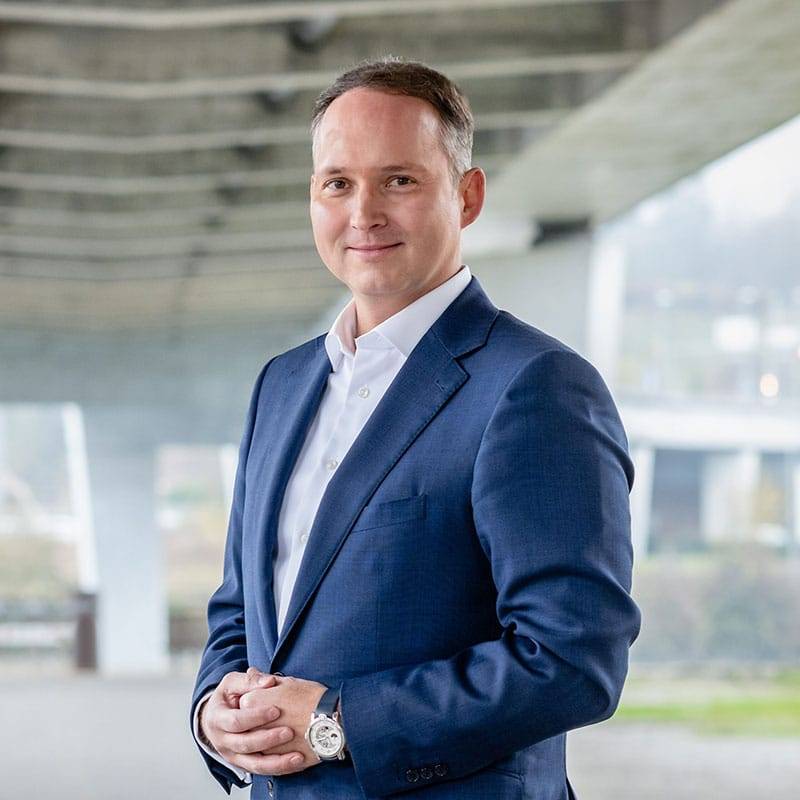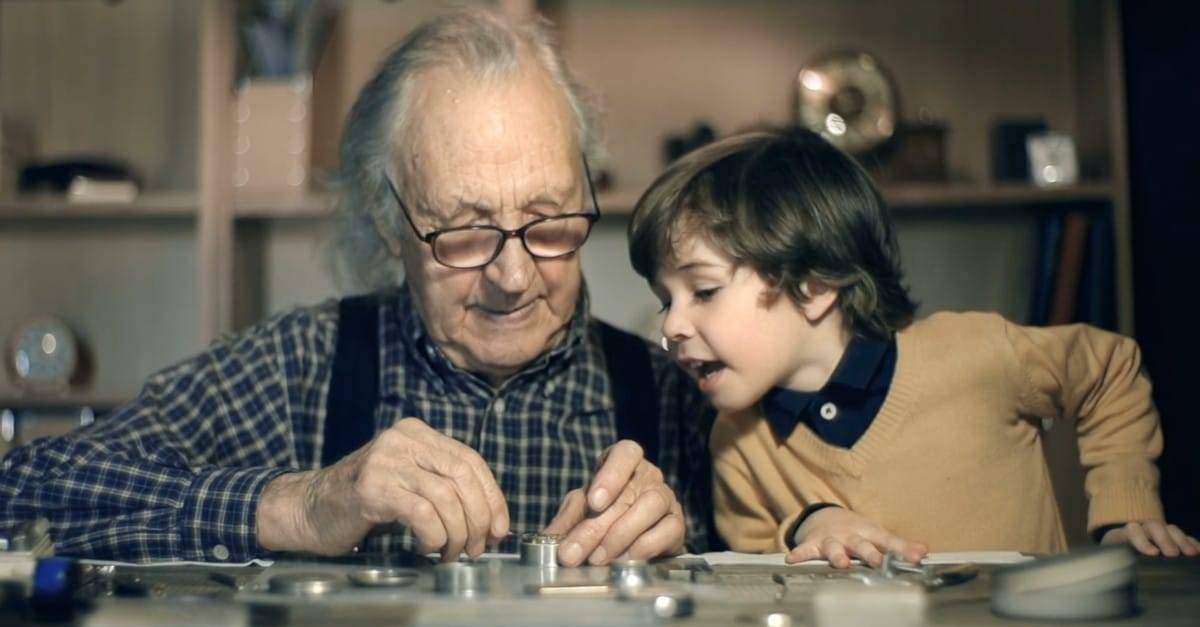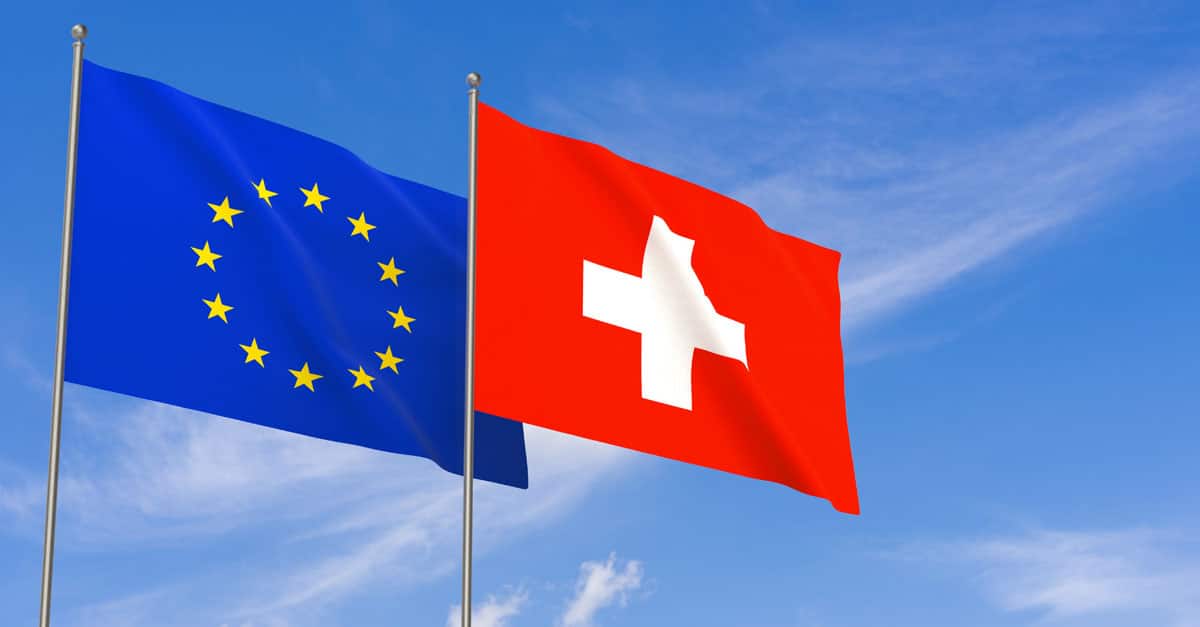“If you want to make a difference, you have to be where the decisions are made,” Michel, 46, says in an interview with German newspaper Handelsblatt. In 2014, he took over from his father the medical device maker employing 2000 people, Ypsomed, a leading developer and manufacturer of injection and infusion systems for self-medication. Since then, the value of a renowned diabetes specialist with over 35 years’ experience has quadrupled. The family’s stake in the company is nearly 74 percent.

Politics as a secondary Employment
Simon Michel justifies his interest in politics with the urgency and need for change, or at least the need to move. The labour shortage, also in conjunction with migration, which was one of the main election issues, or the reform of the pension system are areas that Michel believes need urgent political decisions. He himself does not want to be a full-time politician. He is in favour of the rule that every MP should have his or her own job outside parliament and pursue politics as secondary employment. According to the supporters of this system, this shows a high level of trust in state institutions and creates stability: people are not attracted to politics by money but by the will to change things and to repay society’s debt. However, Swiss reality shows that the bosses of large companies are spending less and less time in parliament.
Plan of Negotiations with the EU
Because Michel is a working man, he has no sympathy for populism in politics. As an example of the lengths to which it can go, he cites the example of the bilateral negotiations on the framework agreement between Switzerland and the EU. The agreement was supposed to create a basis for economic cooperation with the Union; for example, both sides would mutually recognise each other’s industry standards. However, in May 2021, it was Switzerland that walked out of the negotiations. To this day, the contractual relationship has not been resolved, and, as a result, nearly two dozen separate bilateral agreements covering different sectors of the economy are being gradually renewed. “The result was that we had to have all our products retested when they entered the German market,” says Michel. This cost his company a double-digit, multi-million-franc sum, which they could only pay thanks to their margins. “But the damage was done,” notices the liberal MP.
However, in the coming years, industry standards recognition agreements will similarly expire in other sectors of the economy, such as chemistry, engineering, agriculture, or pharmaceuticals. In an interview with Handelsblatt, Michel makes no secret of his belief that this must change. “Together, we must force a decision,” he says. And as an entrepreneur, he also has a clear plan. “In the summer of 2024, we will resume negotiations with the EU, and in the spring of 2028, we will present the framework agreement between Switzerland and the EU to the people.” It needs 51 percent of the votes in the referendum to be approved.
Wealth Aggregation: Simple, Dynamic, and Secure Beyond Compare. Discover the Altoo Wealth Platform!
Mutual Concessions with the EU
Michel expects a massive anti-campaign by the People’s Party (SVP), which won the most votes in the last elections, over the treaty. The SVP has opposed the EU treaty from the outset, as have some Social Democrats and trade unions. The businessman sees it pragmatically. He says that people and voters need to be told that every second franc comes from trade with the EU and every third from trade with Germany. Concessions will also have to be made to left-wing politics. “If a positive result costs us a quarter of a billion francs for the workers, these are mere peanuts compared to the current situation where Switzerland is a third party,” Michel assesses. Above all, he thinks about the Mittelstand as an essential column of the economy that needs to be strengthened. For example, the Mittelstand firms were more resilient to 2008/2009 crisis. The owner-managed SMEs performed significantly better than SMEs and owner-managed large enterprises.
However, concessions are also demanded by Simon Michel from the EU. For example, the European Court of Justice cannot override Swiss law in the event of a dispute. If EU directives are to be transposed into the Swiss legal system, this must be put to a referendum. “The Swiss citizen must have the last word,” says the businessman. But he is optimistic; on a professional level, the negotiating positions are very close to each other. “Political blocking has to be dealt with pragmatically. And I want to bring this pragmatism into politics,” concludes the businessman.













